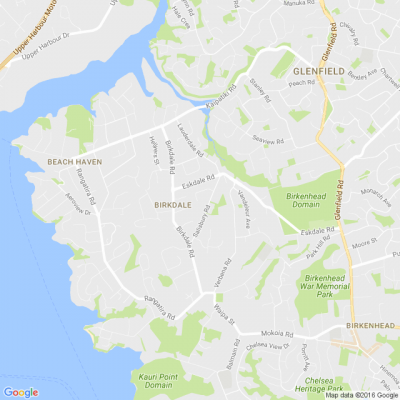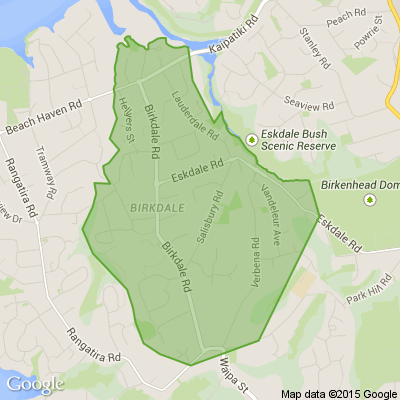HOW TO SELECT THE IDEAL MATTRESS SIZE AND TYPE FOR OPTIMAL SLEEP QUALITY
A good night's sleep is essential for our overall well-being.
We understand the significance of choosing the perfect mattress size and type to ensure you wake up feeling refreshed and rejuvenated every morning.
In this comprehensive guide, we'll walk you through the factors to consider when selecting your mattress, from the kind of bed that suits your sleep style to the ideal firmness and size for your needs.
The Crucial Role of Choosing the Right Mattress for a Good Night's Rest
The foundation of restful sleep begins with your bedtime routine and, critically, with selecting the right kind of mattress.
The comfort and support provided by your mattress play a pivotal role in determining the quality of sleep you enjoy.
The significance of your sleeping position intertwines with the necessity of choosing an appropriate mattress. It's more than a matter of preference; it directly influences your sleep quality and overall well-being.
Understanding how your mattress complements your sleeping posture is key to achieving a more restful and rejuvenating night's sleep.
Spinal Alignment
The impact of your mattress on spinal alignment cannot be overstated. A mattress that properly supports your body will maintain the natural curvature of your spine, reducing pressure points and alleviating discomfort.
Tip: For back sleepers, a mattress that offers medium-firm support can help maintain the natural curve of the lower back. Side sleepers might look for a mattress that provides a softer surface to contour to the hips and shoulders, keeping the spine aligned.
Respiratory Health
Your mattress can also affect your respiratory health, particularly if it exacerbates or mitigates conditions like snoring or obstructive sleep apnea. The right mattress can support sleeping positions that promote open airways.
Tip: Side sleepers, who may experience fewer breathing difficulties, should choose a mattress that allows for easy movement and doesn’t lock them into one position.
Circulation
A mattress that restricts blood flow can lead to discomfort, numbness, or even pressure ulcers. It's vital to select a mattress that facilitates good circulation, complementing your body's needs.
Tip: A mattress that is too firm might impede circulation for side sleepers, while one that is too soft may cause back sleepers to sink too deeply, affecting blood flow.
Comfort and Support
Ultimately, the goal is to find a mattress that provides both comfort and support tailored to your preferred sleeping position. This ensures not only a restful night's sleep but also contributes to your overall health and well-being.
Tip: Invest time in testing mattresses to find one that matches your body's contours and supports your sleeping style.
Whether you prefer a plush, firm, or medium-firm mattress, the right choice can dramatically improve your sleep quality.
What Size Of Mattress Is Best For Sleep?
Selecting the right mattress size is essential for maximizing comfort and ensuring ample space for restful sleep.
For solo sleepers or children, a single or twin mattress provides ample space for a comfortable night's sleep.
Couples may opt for a larger size, such as a queen or king mattress, to ensure ample room for rest without compromising individual space and comfort.
Consider your bedroom's dimensions and personal preferences when choosing the perfect mattress size.
Best way to use leftovers?
I'm sure you've got some excess ham at home or cold roast potatoes.
What are some of your favourite ways to use leftover food from Christmas day? Share below.

⚠️ DOGS DIE IN HOT CARS. If you love them, don't leave them. ⚠️
It's a message we share time and time again, and this year, we're calling on you to help us spread that message further.
Did you know that calls to SPCA about dogs left inside hot cars made up a whopping 11% of all welfare calls last summer? This is a completely preventable issue, and one which is causing hundreds of dogs (often loved pets) to suffer.
Here are some quick facts to share with the dog owners in your life:
👉 The temperature inside a car can heat to over 50°C in less than 15 minutes.
👉 Parking in the shade and cracking windows does little to help on a warm day. Dogs rely on panting to keep cool, which they can't do in a hot car.
👉 This puts dogs at a high risk of heatstroke - a serious condition for dogs, with a mortality rate between 39%-50%.
👉 It is an offence under the Animal Welfare Act to leave a dog in a hot vehicle if they are showing signs of heat stress. You can be fined, and prosecuted.
SPCA has created downloadable resources to help you spread the message even further. Posters, a flyer, and a social media tile can be downloaded from our website here: www.spca.nz...
We encourage you to use these - and ask your local businesses to display the posters if they can. Flyers can be kept in your car and handed out as needed.
This is a community problem, and one we cannot solve alone. Help us to prevent more tragedies this summer by sharing this post.
On behalf of the animals - thank you ❤️









 Loading…
Loading…